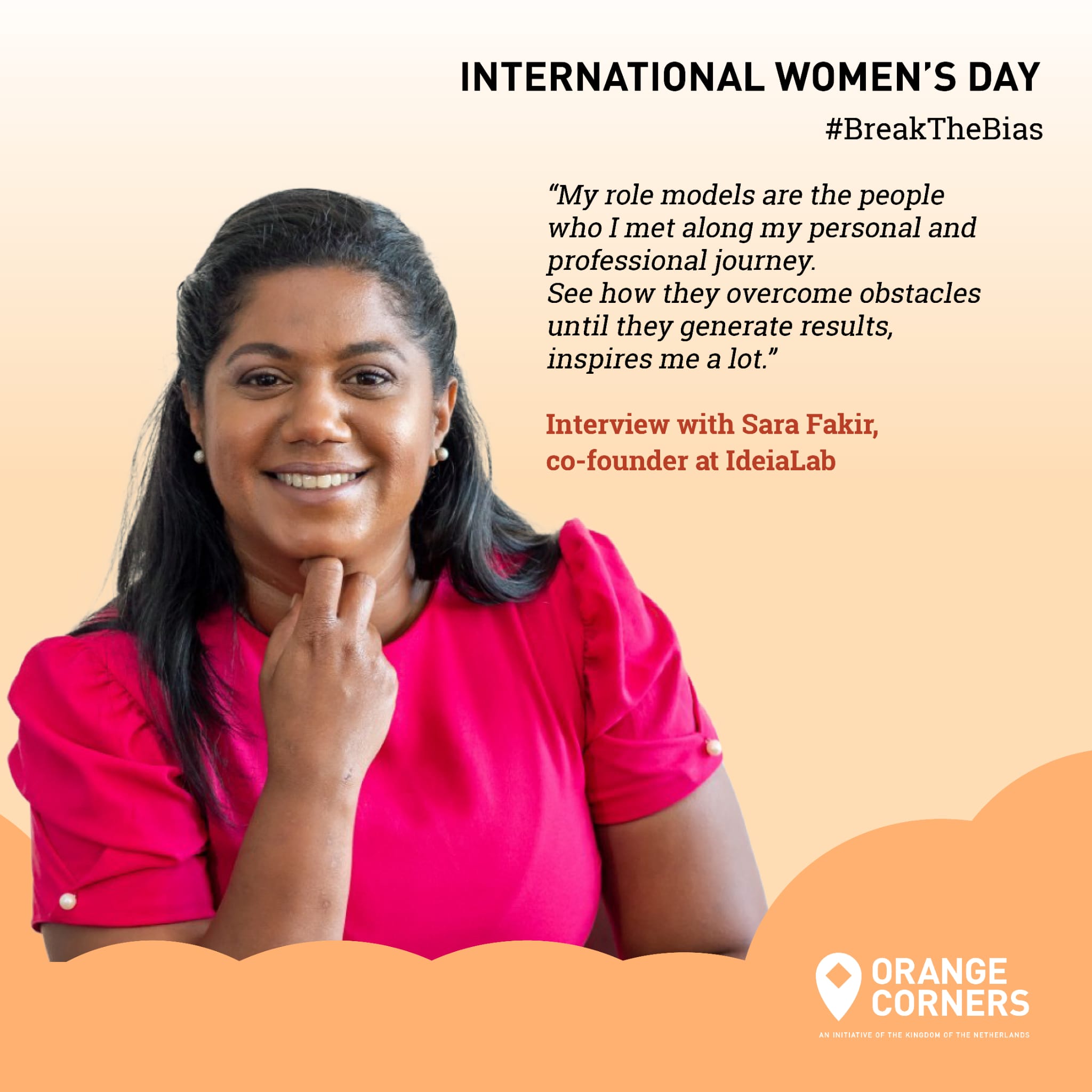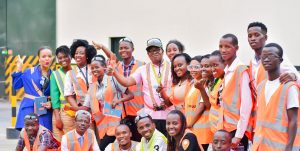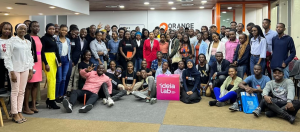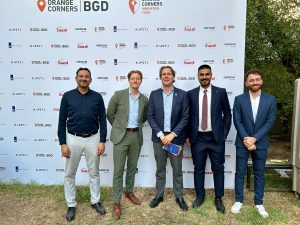Sara Fakir is an executive catalyst at Orange Corner’s local implementing partner, Ideialab in Mozambique. She co-founded the company in 2010 together with Tatiana Pereira, aiming to leverage entrepreneurship for inclusive development and growth.
Director Social Development and Ambassador for women’s rights and gender equality Pascalle Grotenhuis & Orange Corners HQ interviewed Sara Fakir to learn more about her journey as a business woman and how she copes to #BreaktheBias in light of #InternationalWomensDay.
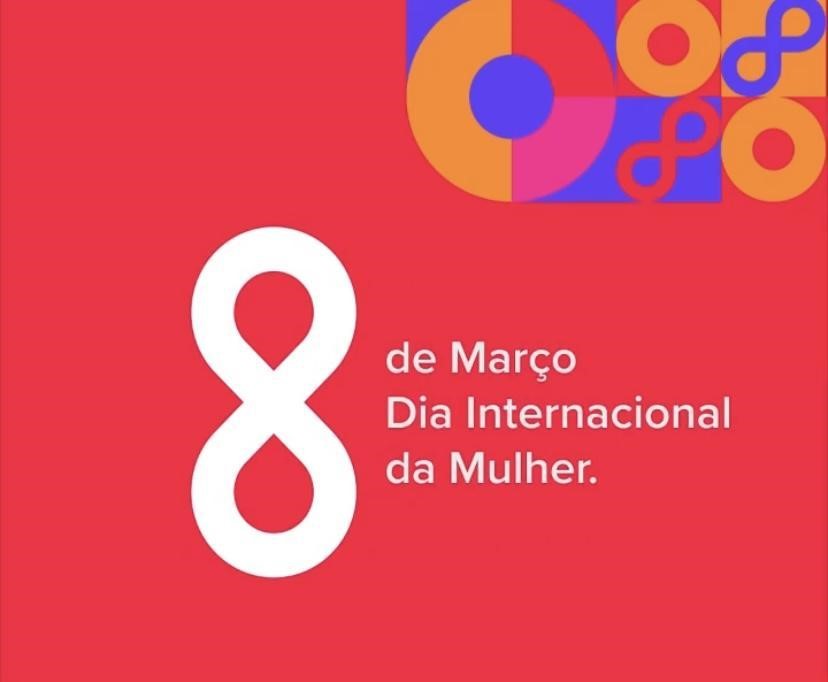
Could you tell us why International Women’s Day is important to you?
“In Mozambique, we celebrate female empowerment and their achievements for an entire month. It starts on the 8th of March, International Women Day, and ends on the 7th of April when we celebrate Mozambican Women Day. This official holiday refers back to Josina Machel, who fought for the independence of the country and women’s rights. Different international organisations shed light on gender issues related to biases found in health, education, business positions and more.
March 8 is coincidentally also the anniversary of Ideialab. This year, we celebrated our personal achievements, the achievements of our entrepreneurs and also our team. Ideialab is very gender focused and female empowerment is on top of our agenda. It is ingrained in our DNA. Women are included in every decision we make and action we take. This partly has to do with the fact that we are a female founded company and 75% of our talented colleagues are females. Moreover, around 45% of our entrepreneurs are women so we provide them with curated programmes. On a personal level, our team always takes the time to listen to what women have to say. We share the experiences and the barriers we face in order to support each other and drive change forward.
For me, March 8 was a day of reflection. I tried to absorb the information I saw on different media channels from international organisations such as Orange Corners and thought of ways how Idealab could do more to support women. I always try to absorb most of the ecosystem and how the ways we curate business for women has been changing. There is a lot of effort being put into women entrepreneurs and we are glad to be part of this change with our personal actions and the ones with partners such as Orange Corners.
It is unfortunate, however, that we still need a tribute a whole day to celebrate and pay attention to women’s achievements. When I say unfortunately, it’s because there are still inequalities between men and women both on a personal and professional level. In today’s world, there are still things that females want to do but are unable to because there is no space for it. Doing business is one of them.”
What do you do at Ideialab in order to rectify that balance?
For us, it is very important to create an environment in which all voices are heard. In doing so, we hope to improve women’s positions in society and enable them to continue to contribute to a better world. I hope that we don’t need to give it too much attention to the day itself. My aim, eventually, is that both men and women will realise that we need to support each other in order to get better results and bigger achievements.”
According to the Gender Equality report from the World Economic Forum (2022), Mozambique ranks 32th, just one spot after The Netherlands. This report looks at gender parity, integrating the latest statistics from international organizations and a survey of executives. What is your response to that?
“Mozambique is a country with many challenges, so I am not shocked about these statistics. Our high ranking is due to the fact that during the 80s, there was a regime in place that gave a lot of attention to women and emancipation. In Portuguese we say: Emancipação! But of course challenges remain. The biggest challenge is, I think, access to education. I read that only 50% of the girls have access to education versus 73% of the boys whilst there are one million more females living in Mozambique. This gap in access to opportunities such as education is bigger for women living in cities compared to those in the countryside. In cities, conditions are worse for women, especially in regard to access to the business world and holding management positions like I do. The crux is the stereotypical idea that as a woman, you need to stay home and take care of the children. But not everyone wants to do that. A lot of women prefer to have a career, to be independent and to take care of themselves financially.”
When you were setting up Ideialab, did you encounter certain barriers or certain gender related biases?
“When I entered the oil and gas sector here in Maputo, I soon realised it was a male dominated world. It took time to build credibility, I had to stay consistent and reliable. When I founded Ideialab with Tatiana 12 years ago, people would say: “Oh that is funny, so you work to improve people’s professional life through entrepreneurship?” At the time entrepreneurship wasn’t taken seriously and people didn’t understand that I left a good job to ‘play around’ business. It was sometimes hard to deal with these comments, especially when you are just setting up a business and you don’t see immediate results. But as soon as people saw that the entrepreneurs that we were supporting started to succeed, they realised that we were doing something relevant. Sometimes it takes time to achieve results, but that does not mean that you should give up. In a sense, you need to prove to yourself first that you can work to the best of your abilities, which is a continuous process.“
Could you tell us who are your main role models and why?
“My role models are the people who I met along my personal and professional journey. So I would say that my role models are my family, friends, colleagues and other people close to my heart, such as the female entrepreneurs we support. I think this has to do with the fact that I can sympathise with them. I see them grow from the starting point, overcoming the obstacles until they generate results. That inspires me a lot. There are other outstanding women around the world, from ambassadors to first ladies that have faced barriers in their personal and professional lives in a completely different environment. Nevertheless, the people that are most close to me have, in my opinion, have had the most influence on me.”
Why do you think there is a reluctance for females to share their successes?
“We are talking more and more about safe spaces and conditions that enable women to share more. But for many years, this was not a topic we could openly talk about. So I think this reluctance to share successes was embedded in the working environment and now, thankfully, the lid is off. Supportive spaces are the basis of inspiring and inclusive workplaces that generate not only men, but also female role models.”
Would you describe yourself as a role model?
Maybe not for all, but for some I might be. I believe I am on my own personal journey. I am young, I’m a woman and like many others, I have my own struggles. Nevertheless, I try as much as possible to be with people, learn from them and develop myself. I believe that everyone has something to teach me in some way. And those “role models” do not have to be important or famous people. All of us have experiences that are valuable. The fact that 85% of Ideialab are female employees, can be inspiring to others. Inclusion and participation, sharing honest opinions and having an active role in conversations is something I believe in, as these ideas will enable people to grow, strive and be vulnerable at the same time.”
And what is the feedback of the 25% of the men working for you, regarding inclusiveness and the team’s dynamic?
“I asked our male employees to what extent they feel included in our female dominated company. I received some unexpected nice feedback! One of my colleagues said, for example, that he felt that there was always space for everyone to speak up, regardless of whether they are men or women. He said: “It is really rewarding to have different points of views from all genders. I feel both grateful and surprised about the fact how much space my team gives me as well to be vulnerable. I learn so much from them.”
As a team, we are very human centred. We do not only try to focus on the things we do at work with the entrepreneurs. We also care about the individuals behind the startups and the problems they may encounter. Entrepreneurs are the driving forces of our work. We hope not only to improve their business skills, but also to work on their personal development. You will have their best business idea when you mentally are also prepared to work hard on it. I always tell my colleagues, what we do here is not only showing off to the world, you also work on the inside. Creating a space where we share different opinions and generate more opportunities is what Ideialab does. Creating time to talk about ways to increase female empowerment and create a safe space should not only happen on International Women’s Day. This is a daily conversation that need to take place between all genders, both within and outside the workplace.”

